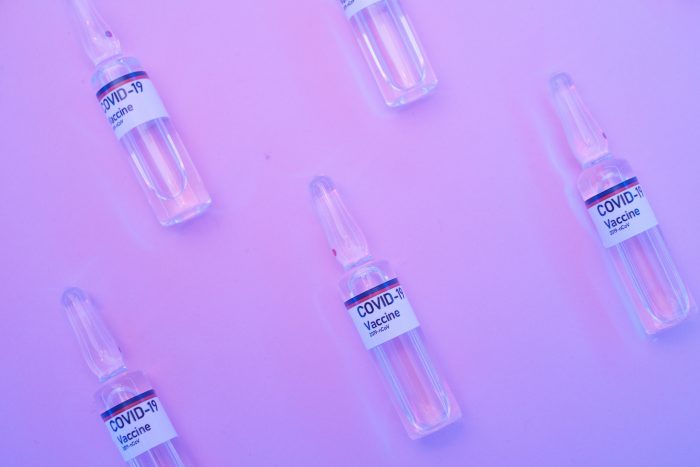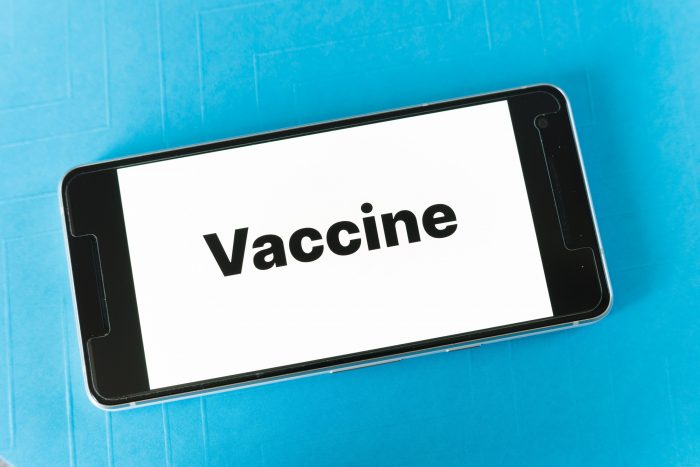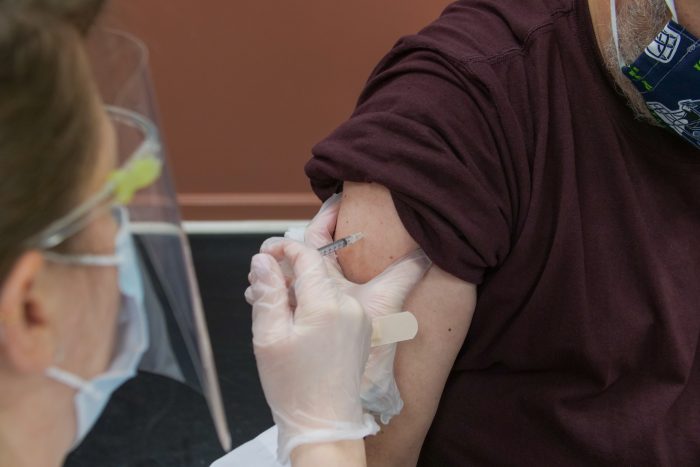The FDA has approved and authorized for emergency use updated COVID-19 vaccines (2024-2025 formula) that include a monovalent (single) component that corresponds to the omicron variant KP.2 strain of SARS-CoV-2. These vaccines were updated to provide better protection against COVID-19 caused by circulating variants. Two vaccines are available for use in the United States: 2024–2025 Moderna COVID-19 Vaccine and 2024–2025 Pfizer-BioNTech COVID-19 Vaccine. There is no preference for one vaccine over the other when more than one vaccine is recommended for an age group
Who should get the vaccine?
Everyone ages 6 months and older should get the 2024–2025 COVID-19 vaccine. This includes people who have received a COVID-19 vaccine before and people who have had COVID-19. The COVID-19 vaccine helps protect you from severe disease, hospitalization, and death.
It is especially important to get your 2024–2025 COVID-19 vaccine if you are:
- Ages 65 and older,
- At high risk for severe COVID-19
- Have never received a COVID-19 vaccine.
- Are living in a long-term care facility
- Are pregnant, breastfeeding, trying to get pregnant, or might become pregnant in the future.
- Want to lower your risk of getting Long COVID
People who recently had COVID-19:
- People who recently had COVID-19 may delay getting a COVID-19 vaccine for 3 months.
- The risk of getting COVID-19 is less likely in the weeks to months following a SARS-CoV-2 infection.
Certain factors could be reasons to get a vaccine sooner rather than later, such as:
- Personal risk of severe COVID-19
- Risk of COVID-19 in a family or household member or other close contact
- local levels of COVID-19 illness
Keep in mind:
- Vaccine protection decreases over time, so it is important to stay up to date with your COVID-19 vaccine.
- Getting a COVID-19 vaccine is a safer, more reliable way to build protection than getting sick with COVID-19.













